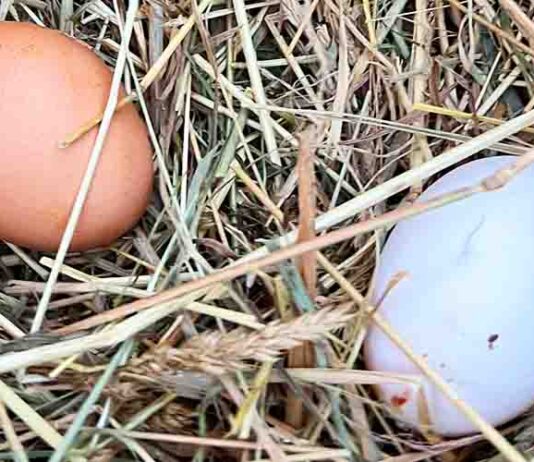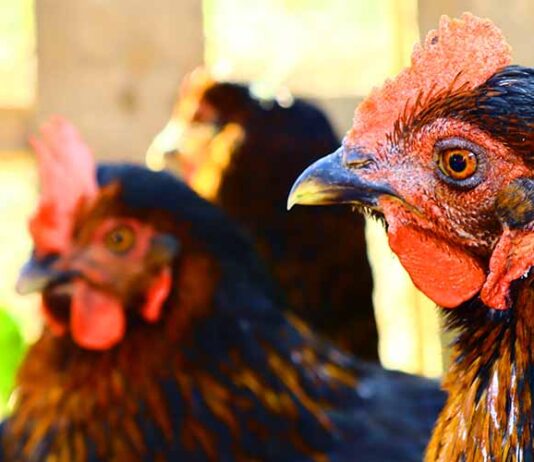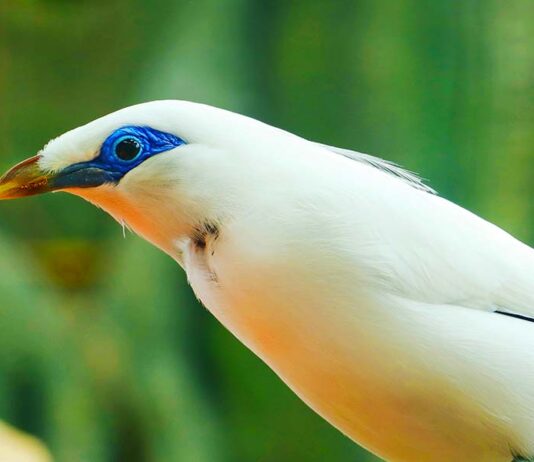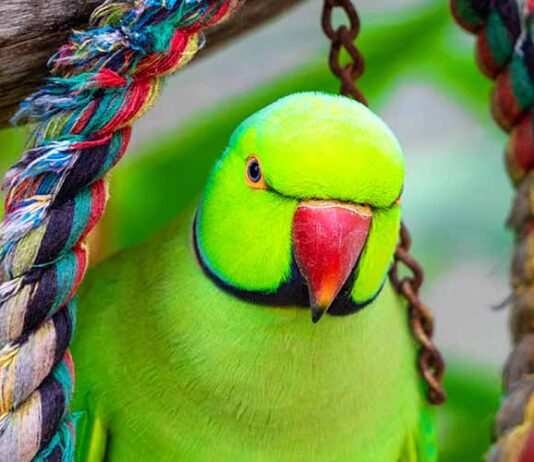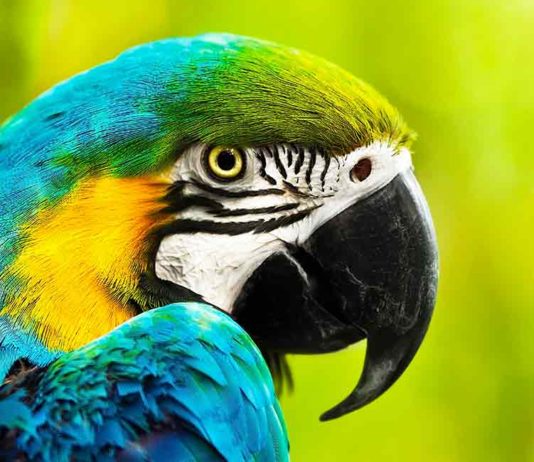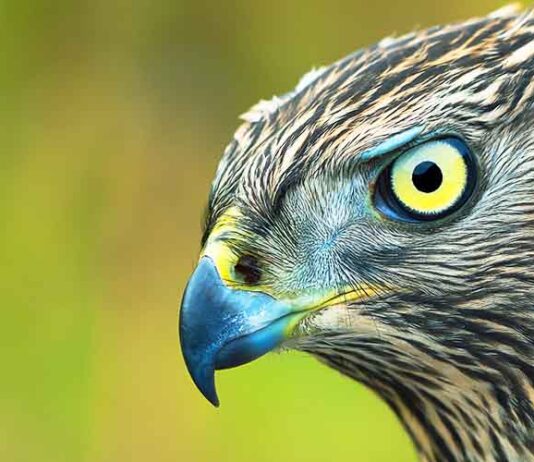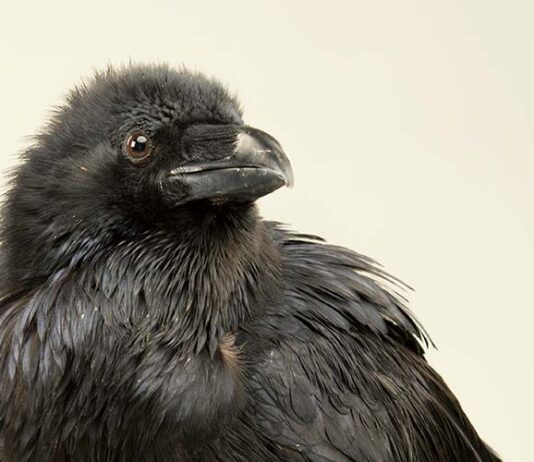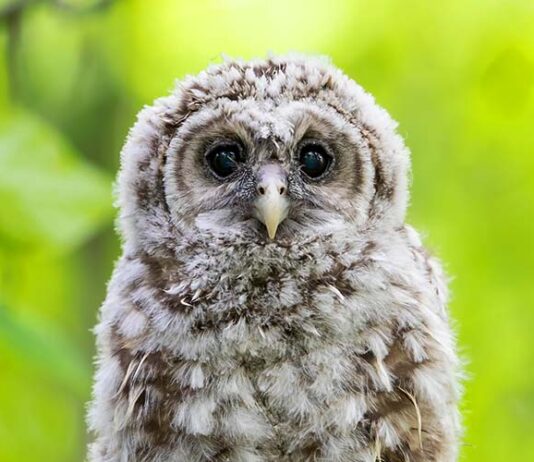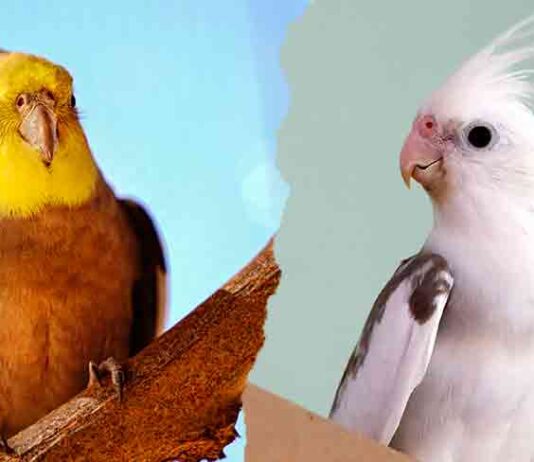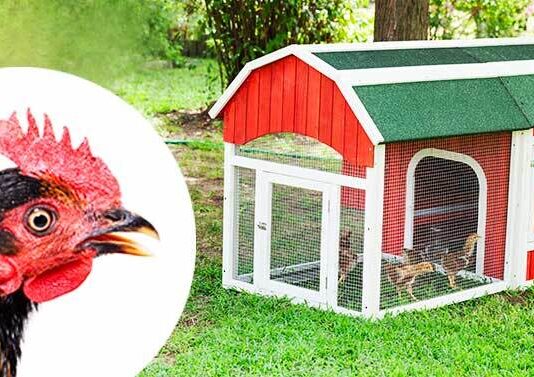Chicken eggs that are blue are a surprisingly polarizing topic, at least for poultry enthusiasts. Most store bought eggs range from an off white to a deep brown, and blue is a color more associated with ducks than hens. Yet this curious color is common...
Black Star chickens are the hybrid offspring of a Rhode Island Red rooster, and a Barred Plymouth Rock hen. They gained popularity for being prolific egg layers, and because female chicks can be easily distinguished from male chicks, immediately from hatching. This complete guide to...
Mynah birds are intelligent, talkative and lovable. Also known as Myna birds, they grow from 12 to inches tall as adults and can live for up to 25 years. The beautiful Mynah bird is a member of the Starling family and come all the...
This article has everything a potential Indian ringneck parrot parent needs to know. Including how to look after them, what drawbacks to consider, and the answers to questions like ‘how long do Indian ringnecks live?’ and ‘where can I find Indian ringnecks for sale?’
Parrot names need to last a lifetime, and for most pet parrots that's going to be a very long time indeed! Whether you are naming an African Grey, Macaw, Cockatoo or Parakeet, we've got some great ideas for you. Today we'll share cool parrot names...
Hawk names for pet or working hawks are important. Your hawk is likely to learn their name, so it needs to be easy to understand and clear to say. Today we’ll share lots of great ideas for naming your hawk. Including ideas inspired by their...
Raven names can be inspired by their intelligence, appearance, or starring role in fantasy fiction. These black birds don’t make great pets, as they tend to maintain their wild instincts. But that shouldn’t stop you from naming ravens that visit your garden or those you...
Owl names are great fun to find. Owls have so many distinguishing physical traits and characteristics to inspire unique names. Their nocturnal habits, big beautiful eyes, ability to rotate their neck to a 270-degree angle, and legendary mythology as a symbol of wisdom and mystery...
There are at least 18 different types of cockatiels. Their colors are the main feature that sets them apart from one another.
The most common type of cockatiel is called the ‘normal grey’. But some types are very rare and highly prized indeed.
The best chicken coop will be weather-resistant, easy to clean, and big enough for all of your chickens.
Ideally, it will have a warm, cosy nesting box, roosting bars, and a spacious run for exercise. Although, you can also buy these elements separately if...

